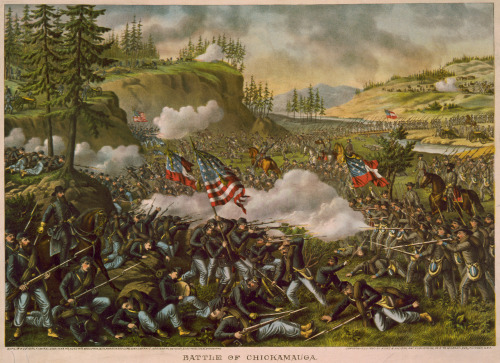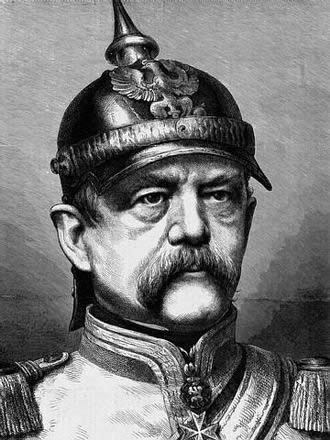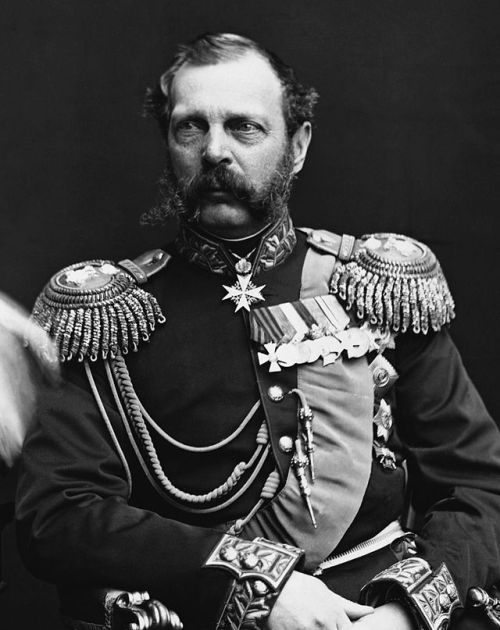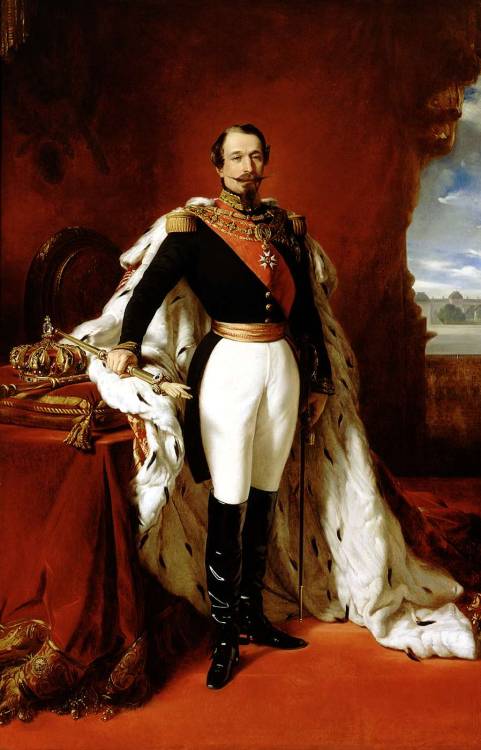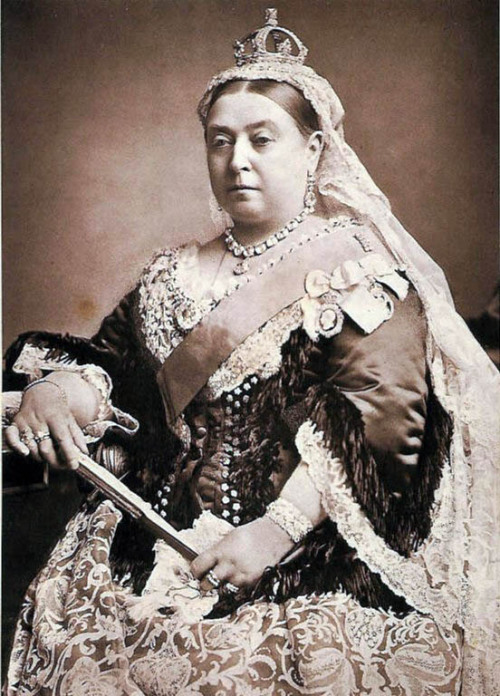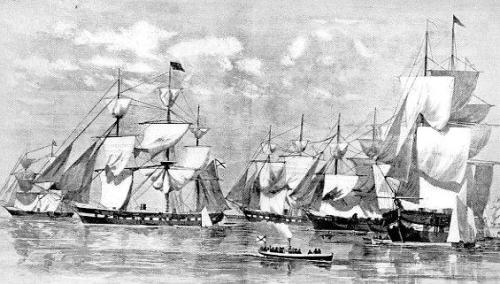peashooter85:How the American Civil War almost started a World War The relations between Britai
peashooter85:How the American Civil War almost started a World War The relations between Britain and the United States were tense during the American Civil War, and in the year 1863 the situation almost resulted in an international war between the US and the powers of Europe. While officially the British Empire was neutral in the war, unofficially Britain was pro-Confederate, as her industry depended heavily on cheap raw materials from the south. Throughout the war Britain supplied the Confederacy with weapons, ammunition, and ships. British ports built ships which would later be sold to the Confederate Navy, the most famous was a merchant raider called the CSS Alabama. The British made M1853 Enfield musket became the Confederate Army’s weapon of choice, and Britain would supply hundreds of thousands of such muskets during the war. Along with Britain, it seemed that France would join the Confederate band wagon as well. Like Britain, France also imported raw materials from the Confederacy. French Emperor Napoleon III was indifferent to the Confederacy, but many in his government were enthusiastically pro-Confederate. In 1862 France invaded Mexico, hoping to take advantage of the United State’s inability to enforce the Monroe Doctrine. France loaned the Confederacy $15 million and at the time were in the process of building a small fleet of ironclad warships for the Confederate Navy. Both acts brought Franco-US relations to a boiling point. Between 1861 and 1863 a number of incidents would occur between the US and Britain which further strained relations between the two countries. The most notorious was the Trent Affair, in which a British mail steamship was seized by the US Navy to capture two Confederate envoys. This resulting in Britain stationing troops in Canada in preparation for war. In October of 1862 the British Government warned that it would take “resolute action” in the war, though it did not elaborate on what action would be taken. Finally in late 1862 the British government contracted with the Confederacy to produce two Laird Rams for the Confederate Navy. Also called Scorpion Class warships, they were heavily armed ironclad battleships, then the most powerful warships in the world, easily capable of breaking the Union blockade. The United States warned that if they delivered the Laird Rams to the Confederacy, there would be war.By 1863 it was clear that Britain and France were going to intervene in the American Civil War. But the construction of the Laird Rams and threats of war set off a domino like procession of events that would make them think twice about intervention. First, the Prussian leader Otto von Bismarck warned that if Britain and France intervened, Prussia would side with the Union. Bismarck wanted a war with France in the hopes of unifying the German states with Prussia. (Bismarck would get his war in 1870, defeating France and accomplishing his goals). Next, the newly unified nation of Italy expressed support for the Union, with the Italian revolutionary Giuseppe Garibaldi even offering his services as commander of the Union Army to Abraham Lincoln. Then the Russian Czar Alexander II announced that if Britain and France went to war, he would side with the US. At the time Russia and the United States had close diplomatic relations, while Britain and France were despised enemies after the Crimean War. However, Alexander II did not merely announce his support, he upped the ante by sending the entire Russian Baltic fleet to New York City. The fleet arrived in September of 1863 with orders to support the Union Navy. Another Russian fleet was sent to San Francisco, chasing away the Confederate warship CSS Shenandoah, which was planning to bombard the city and harbor. Secretary of the Navy Gideon Wells shouted, “God bless the Russians!” upon hearing the news. Likewise Oliver Holmes hailed Czar Alexander “who was our friend while everyone else was our foe.”The presence of the Russian fleet in New York upped ante for the British and French. Alexander’s placement of the fleet served a strategic purpose as well; preventing it from being bottled up in the Baltic if war did occur. With the powers of Europe lining up and choosing sides, it was time for the lead actor, Britain, to decide if the war was worth it. After the Union victories at Vicksburg and Gettysburg, it became apparent that it was not. The British withdrew their plans to deliver the Laird Rams to the Confederacy, instead commissioning them in the Royal Navy. Once Britain backed down, France likewise withdrew from the war. A number of Russian warships remained on patrol along the Atlantic coast after the incident, just in case things heated up again. The Union of course, would win the American Civil War. -- source link
Tumblr Blog : peashooter85.tumblr.com
